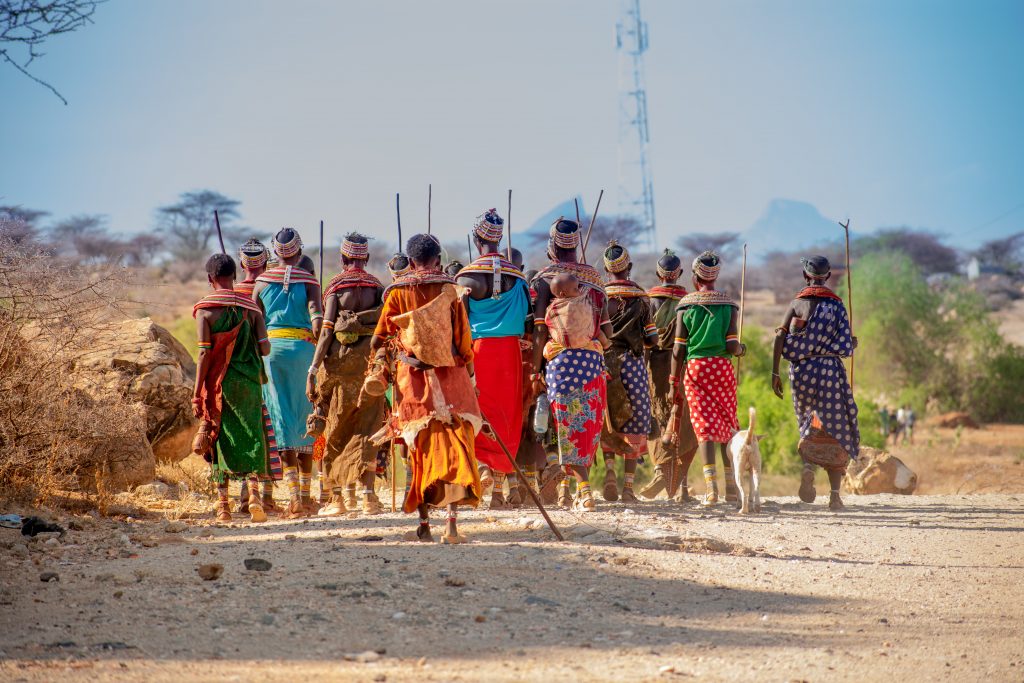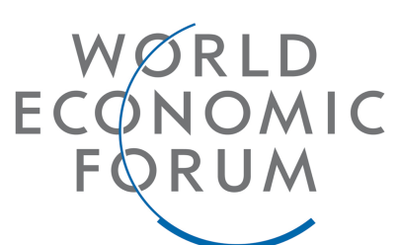2022-2032 is marked as ‘Decade of Indigenous Languages’
This was originally published here

“Leaving no one behind, no one outside”
That was the key takeaway from the Permanent Forum on Indigenous Issues held on 25th April to 6th May. The theme for this year was “Indigenous peoples, business, autonomy and the human rights principles of due diligence including free, prior and informed consent”.
The forum was established to draw the attention of the world to the issues and rights of the indigenous people. This forum acts as a discussion space with various indigenous communities who are asked to put forward their issues. Initiatives are taken and recommendations are made to cater to the rights of these people.
One such recommendation was made to preserve the languages of the indigenous community. In the spirit of this recommendation, United Nations has declared 2022-2032 as the ‘Decade of Indigenous Languages.’ Indigenous people hold the knowledge of nature that is required to take climate action. Language acts as a medium to communicate this wisdom. As a result, this decade will act as a reminder of cooperation to drive the attention to conserve these languages.
UNESCO has formulated a Global Action Plan that will act as a guide to implementing this recommendation. This guideline throws light on the list of languages that needs prior attention. They will raise awareness of the importance of linguistic diversity that will help in the sustainable development of the planet. The key stakeholders in this campaign will be Indigenous people who will be asked to facilitate and help to preserve the language. This will help abide by our principles of maintaining cultural and lingual diversity.
Indigenous people are often socially and politically marginalized because of geographical remoteness or language barriers. This initiative will act as a bridge to create a more inclusive society.
You can read the report here.


